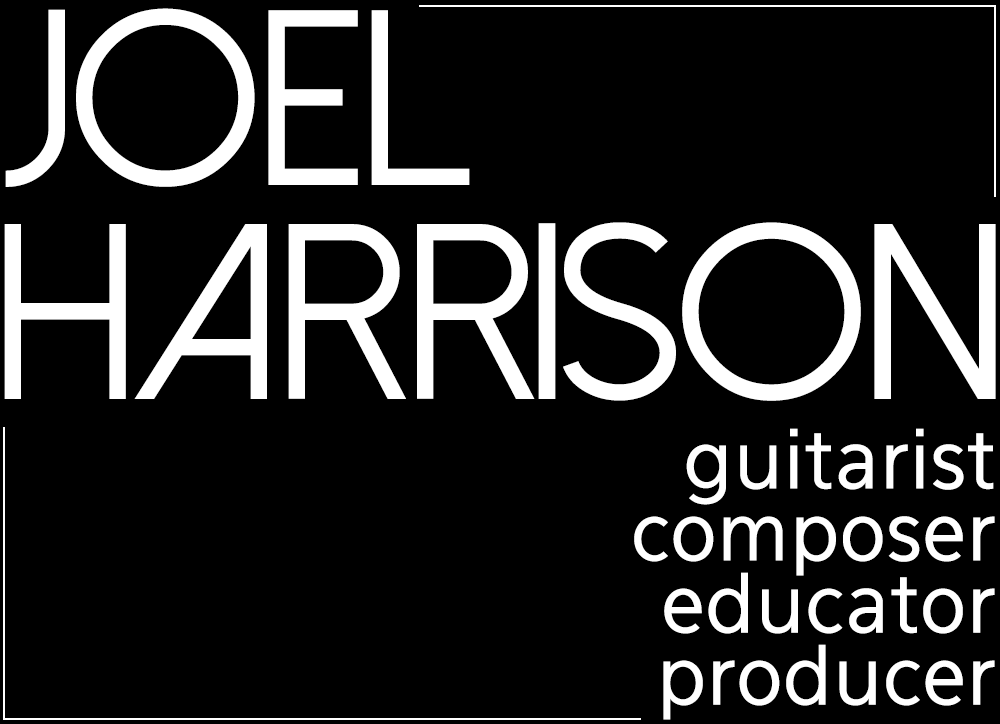Greetings:
This is the first of what I hope will be a bi-monthly composer’s blog. In it I will discuss not only insights from my own life as a composer but lessons gleaned from others, regardless of style. You can find a lot of basic information on the web, as regards the foundations of composing. I would like to focus on ideas that are perhaps less discussed, observations large and small from my own idiosyncratic journey.
So let the games begin!
Here is a small, but profound, realization I had today while working on a piece for an 8 piece jazz group. Something about my initial draft kept bothering me, and I finally figured out that some melody lines I wrote were unnecessarily abstract. The reasons are not important. What IS important is this: I realized that my capacity to know when I am straying into mediocre territory has vastly improved over the years. One of the hardest things for any artist to do is to self-edit. We must constantly hone our own bullshit-detectors. Many is time I would doggedly pursue a musical idea, refusing to give up on it, only to realize by the end of a piece, or god forbid a performance, that the suck meter was on 7. (That’s 7 out of 10).
It is a relief to know that my ability to catch myself in an idea with no substance is getting more refined.
So how does this happen? How do you find joy in throwing music away, no matter how hard you worked on it?
1. Time- compose a lot!
2. Stop caring, even while you care more than anything.
3. Never be impressed with a single idea. Cast a wary eye on the piece as a whole. There is a master plan to every piece, and you have to observe the BIG view in the midst of each tiny motive.
4. Always question: IS THIS NECESSARY? In many cases it is not.
5. Short is often better than long. I become overly enchanted with my ideas sometimes, and it leads to pieces that can get excessive. Hack away at the underbrush. All we really want to see is the roses, though one or two weeds is nice as contrast.

Good advice! I like what you say about “straying into mediocre territory”.